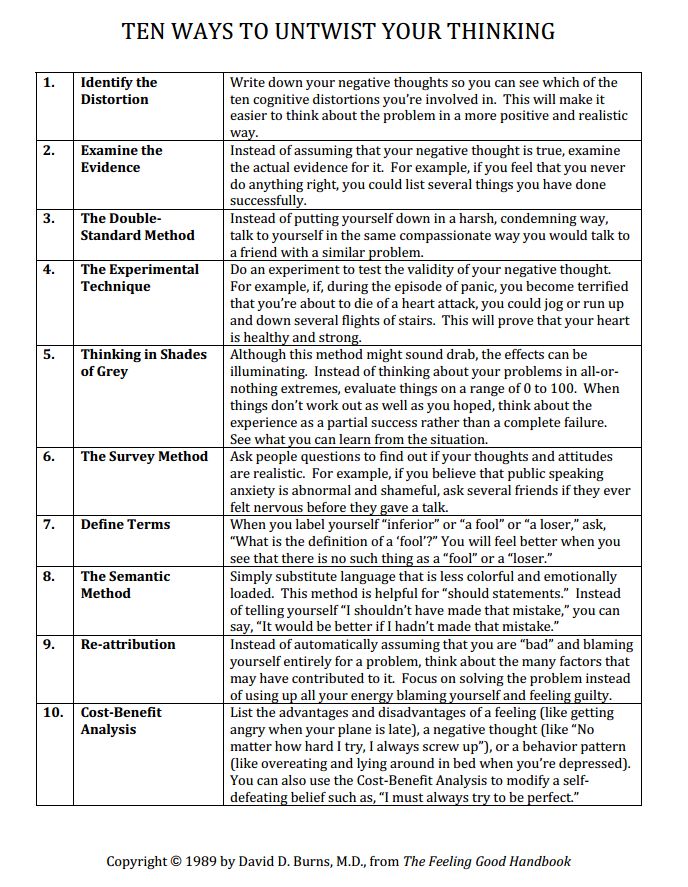I was introduced to meditation in 2002, by my mentor Dr. Dolores Gallagher-Thompson. She taught us how to lead guided imagery sessions with caregivers of dementia patients, to help promote relaxation and to relieve stress. Caregivers tend to be an extremely stressed-out population, who are particularly vulnerable to mental and physical illnesses. We emphasized that one must prioritize self-care, in order to better care for others. (This is true for anyone!) I saw first-hand how quickly these techniques worked, and how powerful they were to help promote a sense of well-being. We taught a different meditation tool each week. There are various types of meditation, not every method works for everyone. I’ve used the techniques from our caregiver research with many clients over the years, and for myself. I also use various apps and web based recordings/videos. I love, love, love, how meditation affects me personally. For one thing, I notice that after I meditate, I feel a sense of calm, and I have a little more, mental “space” before reacting. This is so helpful as a parent. This is true even if I only do a, “signal breath.” There is so much research out there that champions the benefits of meditation to help everything from: stress-reduction, improved cognition, better sleep, pain reduction, decreased inflammation, disease prevention, anxiety, to lower blood pressure… the list goes on. Click the Buddha to read some of the research. The benefits of building a meditation practice seem endless. It’s also so, “mainstream” now, Jimmy Fallon even meditated on television.
Please don’t be discouraged if you try it and don’t like it. Try a different method! I really like the Insight Timer app because there are thousands of teachers, it’s free, and you can sort meditations by the length of time you have to practice. You can try for a minute a day and build up!
Click the pictures below for more info.
As always, if you are in crisis, experiencing any suicidal or homicidal ideation, please seek immediate medical attention.





